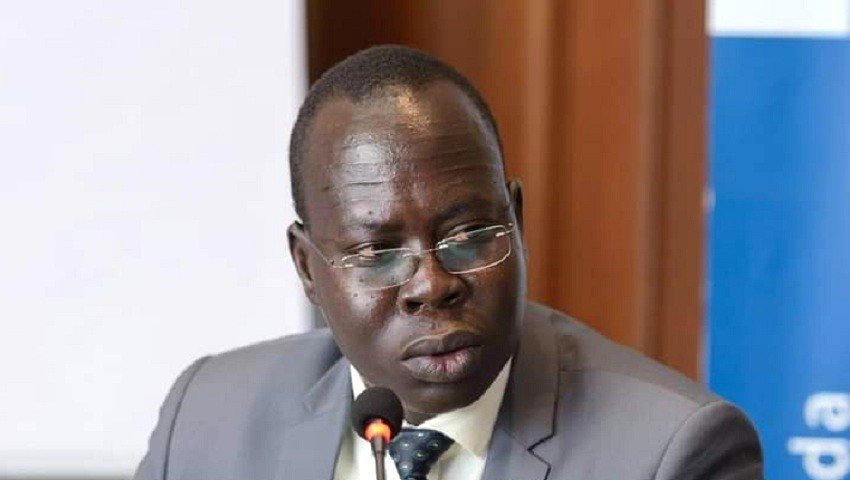By Matik Kueth
A civil society activist on Monday cautioned that without genuine national healing and reconciliation, the vote might further tear apart the country as South Sudan approaches its long-awaited 2026 general elections.
In a statement, Ter Manyang, Executive Director of the Center for Peace and Advocacy (CPA), urged political leaders to pause and prioritize the work of the Commission for Truth, Reconciliation and Healing (CTRH) before embarking on what he calls a potentially “divisive and premature” electoral process.
“South Sudanese communities need to reconcile and heal through the Commission for Truth, Reconciliation and Healing before any meaningful elections can take place. Without genuine national healing, elections will only deepen our divisions rather than strengthen our democracy,” Manyang said.
Manyang’s appeal comes at a time amid escalating political tensions and lasting trauma from South Sudan’s recent civil war.
Despite the revitalized peace agreement signed in 2018, many communities remain fractured along ethnic and political lines.
Mass displacement, unaddressed atrocities, and a fragile trust in government institutions continue to threaten long-term peace.
He stressed that elections held under these circumstances risk legitimizing fractured political structures rather than fostering a unified, democratic state.
“We’re not against elections. We’re against elections that ignore the pain of the people. Healing must come first, not just for political leaders to shake hands, but for ordinary South Sudanese to feel heard, acknowledged, and safe,” he stated.
Manyang’s concerns echo broader apprehension from civil society groups and international observers, who worry that rushing to elections without a firm foundation of unity could revive old tensions or spark fresh violence.
He called on leaders from all political parties to champion the CTRH and commit to a transparent, inclusive healing process.
“We call on all stakeholders to make national healing a top priority. Only then can elections be a true reflection of the will of a peaceful and unified people,” he emphasized.
What’s next?
While the government has reiterated its commitment to holding elections in 2026, questions remain about the implementation of key transitional justice mechanisms, especially the operationalization of the CTRH.
Manyang insists that failing to address the root causes of conflict could undermine everything the peace process has sought to achieve.
“There can be no sustainable democracy without peace. And there can be no peace without truth and reconciliation,” Manyang stated.



